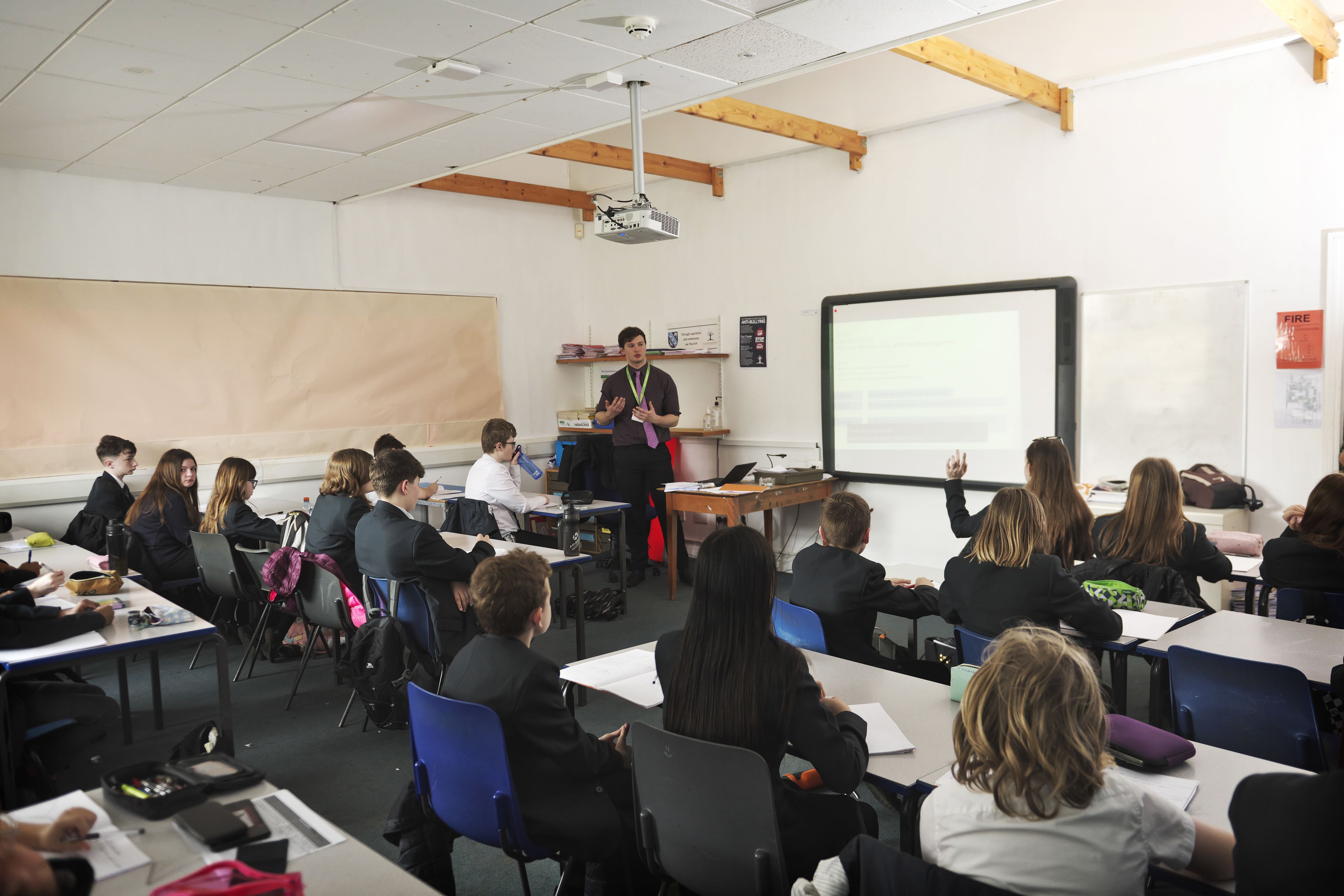

Research by Faculty PGCE trainees available in latest issue of JoTTER

Pupils’ perspectives on home learning during the pandemic, Year 6 students’ take on British values and the potential role of ‘insider knowledge’ in religious education are among the thought-provoking topics in JoTTER: the Faculty of Education journal written by new teachers.
JoTTER – the Journal of Trainee Teacher Educational Research – showcases original research undertaken by students during their PGCE course at the University of Cambridge. During the course, trainees plan classroom-based projects on an aspect of teaching and learning. The journal is edited by a Faculty teacher-educator and is available open-access, enabling anyone to explore the research.
The first batch of articles from Volume 14 is now available at https://jotter.educ.cam.ac.uk/, with more to be published in the coming months. They offer unique insights into a range of aspects of education, drawing on the work that trainees undertook while on placement at Cambridge Partner Schools.
A number are by Primary PGCE trainees. Hannah Lyden for example, examined Year 6 pupils’ perspectives on home learning during the pandemic, focusing in particular on disadvantaged students, who are known to have been particularly severely affected by lockdown learning. Catrin Osborne explored students’ understanding of the ‘Fundamental British Values’ framework and how ‘Britishness’ might be taught in an inclusive manner. Bryony Parkinson, investigated the impact of moving schools on academic performance by comparing pupils who have never changed school, those who have moved at least once, and the so-called ‘dandelion’ children of military families, for whom such transitions are fairly common.
Jenny Kennedy developed an approach for interviewing pupils who study in inclusive classrooms (specifically, those involving children with Special Educational Needs and Disabilities) to assess whether these environments – which are often portrayed negatively – really do have a detrimental effect on pupils’ learning.
The articles published by our PGCE trainees in this volume offer us insights into what early career educators hope and enact for the future of education in this ‘post-pandemic’ world.
Henrietta Shaw undertook a case study about singing at school. “Many adults find the thought of singing anywhere outside of the shower simply daunting,” she notes, but children seem far happier with it and there are perceived benefits for wellbeing and learning. Like many of her colleagues, she probed children’s own perspectives, working with Year 4 pupils.
Some of the initial publications from the Secondary PGCE cohort include Zoe Grainger’s (Religious Studies) investigation into whether ethnographic material, in the form of ‘insider perspectives’ of faith, can enhance A-Level students’ understanding of different religious traditions. The approach has resonance with a teaching method used in Germany, and the study provides insights into how it might be used in the UK, where religious traditions tend to be studied with a level of secular detachment.
Art and Design trainee Megan Jones examined the use of warm-up games in Key Stage 4 art lessons to create a more interactive and engaging learning space. Emily Jade Thomas (English) investigated the role of sound in teaching poetry: focusing on the impact of dialect in students’ interpretations of unseen poetry and highlighting the connection between poetic voice and personal identity.
More papers will be published soon, but there are already dozens of other articles available from previous volumes, dating back to JoTTER’s inception in 2009. All of these are on the Faculty website, where visitors can also find much more information about the Cambridge PGCE.
Writing in her editorial for the new issue, Dr Haira Gandolfi, who is a Lecturer at the Faculty of Education, suggests the articles represent outputs from a 'liminal space' in teacher education, since the trainees who wrote them became teachers during the COVID-19 pandemic, but are commencing their careers in a post-pandemic world.
She suggests that the work can be seen as representative of "real utopias". "They offer us insights into what early career educators hope to enact for the future of education in this post-pandemic world," she adds. "Our hope with the Cambridge PGCE is to support a profession where early career teachers feel supported and prepared to be these agents of real utopias; that is, to propose, enact and reflect on what education in England, and beyond, should be about in these post-pandemic times."
Image in this story: Faculty of Education